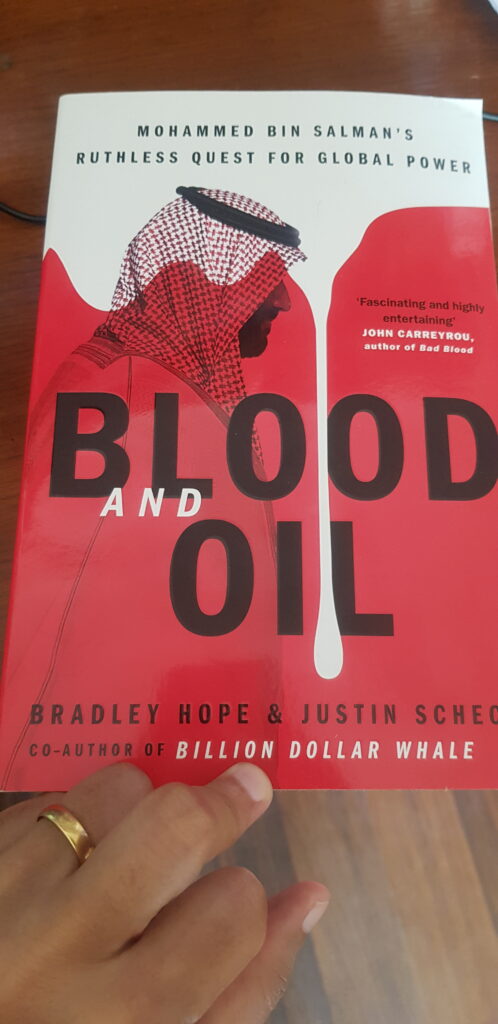On fan fiction
Here is a short clip on fanfiction. It was triggered by a conversation I had with a friend upon reading Keshav Guha’s debut novel Accidental Magic ( Harper Collins India ) and Stephen Alter’s Feral Dreams ( Aleph Publications). This is a new space for modern literature especially as access to the Internet and new forms of edevices proliferate. As I say in the video, The Wired noted in 2015 that more than 1 billion minutes per month were being spent either creating or reading material on fanfiction websites such as Wattpad. Of these 90% of the users accessed the websites using their mobiles.
Fanfiction is a modern literary phenomenon whose popularity is astonishing and understandable. It permits people who are infatuated with the books that they have read, characters, plots and/or literary landscapes to explore the oft asked question, “What If?”. It is also permitted to flourish by the original creators as long it sticks within the purview of the fair use clause of copyright laws and is not commercially exploited. It is a win-win situation as it allows the readers to exercise their writing skills, get feedback in real time from other users and it allows the writers to see their stories/characters remain in focus. In fact in a Bookseller article discussing Rainbow Rowell writing Harry Potter fan fiction, quoted a spokesman for Rowling’s literary agency, The Neil Blair Partnership, to say: “Our view on Harry Potter fan fiction is broadly that it should be non-commercial and should also not be distributed through commercial websites. Writers should write under their own name and not as J K Rowling. Content should not be inappropriate – also any content not suitable for young readers should be marked as age restricted.”
Fanfiction writing has spawned some bestselling authors in the West such as E L James of Fifty Shades of Grey and Cassandra Clare who wrote the Shadowhunter series. In India, it is still restricted to online spaces but in print there are a few examples. Not exactly in the definition of what constitutes fan fiction, a tribute, an imitative act, an exploration but Keshav Guha writes a form of fiction that is pays obeisance to Pottermania but also investigates what it means to be in this mostly online world. Stephen Alter’s Feral Dreams extends the story beyond the original and makes it his own but in his case the original work is out of the copyright domain, so these literary creations using the original characters are absolutely acceptable.
Sherlock Holmes is another literary character who has given rise to many, many fan fiction stories — offline and online. People have explored this for years and publishers regularly commission stories for young and older readers.
Fanfiction is here to stay.
6 Jan 2021

